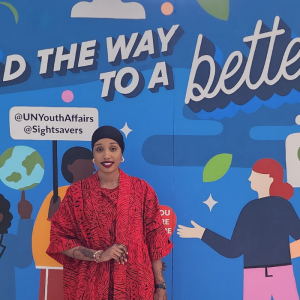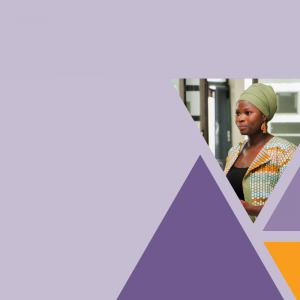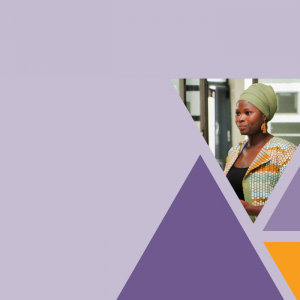To mark World Health day this year, Orchid Project co-hosted a webinar with Practice Index on April 10th, outlining the role of frontline workers in helping to end FGM/C. Discussion included reporting obligations, safeguarding issues, support for survivors and prevalence rate in the UK.
The panel was made up of a range of experts, including Diyanah Rafiq, GP representative at Malaysian Doctors for Women and Children, Victoria Kinkaid, Doctor and co-founder of the FGM Education Project and Sean Callaghan, Head of Research at Orchid Project.
Sean helped to set the scene using data on FGM/C, “It is practiced in around 90+ countries around the world. 137,000 girls are affected by FGM/C in the UK. Approximately half of these girls are living in London, within the boroughs of Southwark and Brent which is where FGM/C is the most prevalent. About 25% live in the North West (Manchester, Sheffield) 10% live in the midlands (Birmingham, Leicester, Coventry)”
Dr Kinkaid introduced the relevant reporting obligations and legislation in the UK surrounding FGM/C, “Doctors have a legal obligation and duty to report cases of FGM/C to ensure that those children are safeguarded. According to the FGM Act from 2003, the procedure of FGM/C is illegal in the UK, as well as taking a girl out of the UK to have FGM/C perform on them. Secondly the Serious Crime Act 2015 (SCA 2015) states that it is mandatory to report all known cases of FGM/C to the right people, it is illegal to fail to protect a girl from FGM/C.”
As well as speaking to the reporting obligations, Dr Kinkaid also highlighted some of the key considerations when having a consultation with an FGM/C survivor, “Alongside with mandatory reporting, communication is key during a consultation with an FGM/C survivor. Counselling, listening, approaching the subject sensitively, believing the patient, treating acute symptoms they may have as well as the right referral are all important aspects.”
Dr Rafiq spoke to what FGM/C is and what the health consequences to help the audience understand what to look out for.
“Health complications as a result of FGM/C can be divided into short term and long term. Some short term health complications involve: severe pain, excessive bleeding, general tissues swelling, fever due to infection like tetanus, hepatitis B or HIV, urinary complications, injuries surrounding pelvic tissue and organs, death.”
The data also identified that many patients may already have been living with FGM/C for a while, so Dr Rafiq also highlighted the long term complications, these include, “recurrent UTI’s, painful urination, vaginal problems (discharge, itching, infection like bacterial vaginosis), painful menstruation, sexual problems (pain during intercourse, reduce satisfaction), increase risk of infertility, and if pregnant complications during childbirth. Other factors that are more difficult to measure but to take into consideration are psychological problems, PTSD, depression and low self esteem.”
Finally, the data presented by Sean Callaghan highlighted that “there are around 100,000+ women and girls living in the UK who need health services support related to FGM/C.”
In conclusion, the webinar provided valuable insights into the complexities of addressing FGM/C in the medical sector. We hope that this webinar helped to gain a deeper understanding of the prevalence and reporting obligations in the UK, and health consequences associated with FGM/C. It’s evident that by providing support and healthcare services, we not only mitigate immediate risks but also work towards eradicating FGM/C and ensuring the well-being of women and girls.
For more information, we have included the following resources:




